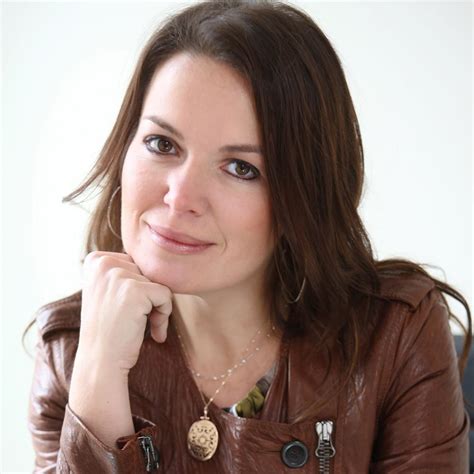A Quote by Sri Mulyani Indrawati
Sometimes our definitions fall short. Take, for example, the way we view income and labor. It simply doesn't cover enough of the work that women, and in particular poor women, are doing - especially in their own households and the vast 'informal' economy in which most of the world's poorest people work.
Related Quotes
Most people aren't encouraged to think of their labor as very valuable. We usually think of it as the necessary thing we engage in in order to survive. We live in a world where our ability to survive is connected to our ability to draw a paycheck. But there are other ways of organizing labor and culture. For example, people who are pushing for fixed universal base income, or a welfare system that separates wage labor from the compensation required to survive. It was only when I thought of those alternatives that I was able to really understand what we mean when we say sex work is work.
Young women don't want to be called feminists because it's not sexy and ah they think that their mothers and grandmothers have achieved everything they want. They don't know how poor women live, how women in rural places live, how 80 percent of women in the world are the poorest of the poor, how still there are 27 million slaves, and most of them women and girls.
Much of the criticism of economic globalization has centered on factory labor abuses. But the majority of the world's poor are not employed in factories; they are self-employed - as peasant farmers, rural peddlers, urban hawkers, and small producers, usually involved in agriculture and small trade in the world's vast "informal" economy .
Men realize that they have work to do, to pull up women and take ownership on where we are as a society, and that they have work to do to help their female relatives and friends - to give a voice to women, not in a patriarchal way, but in a supportive way. It is all of our jobs to make sure that women's rights are human rights, and that they do have a place at the table, and we all push toward equality.
Women have to make a living. We don't live in a wealthy world where we even have a choice. We're losing our choice of whether or not we need to work. If we want to work, we obviously should work and have that choice, but a lot of women can't even get to the word "want." They need to work. And it's great to see women who needed to work and found a way to become a firefighter or a steel worker. That, to me, is very exciting.
We don't have enough support for maternal leave and the kinds of things that some of the European countries do. So we still make it hard on women to go into the work force and feel that they can be good at work but then doing the most important job, which is raising your children in a responsible and positive way.
Marjan. I have told him tales of good women and bad women, strong women and weak women, shy women and bold women, clever women and stupid women, honest women and women who betray. I'm hoping that, by living inside their skins while he hears their stories, he'll understand over time that women are not all this way or that way. I'm hoping he'll look at women as he does at men-that you must judge each of us on her own merits, and not condemn us or exalt us only because we belong to a particular sex.
And this exclusion of "women's work" continues, despite United Nations data gathered since 1975 (the beginning of the UN Decade for Women) indicating that women globally contribute two-thirds of the world's work hours, for which - given the imbalanced, unjust, and truly peculiar nature of the accounting characteristic of dominator economics - they globally earn only one-tenth of what men do and own a mere one-hundredth of the world's property.



































